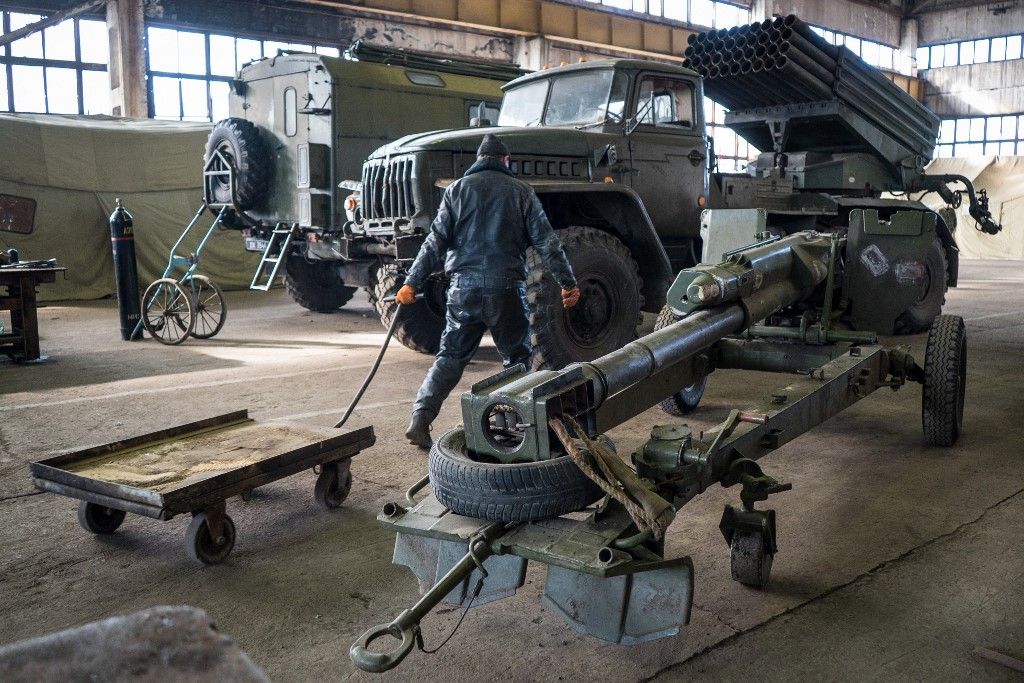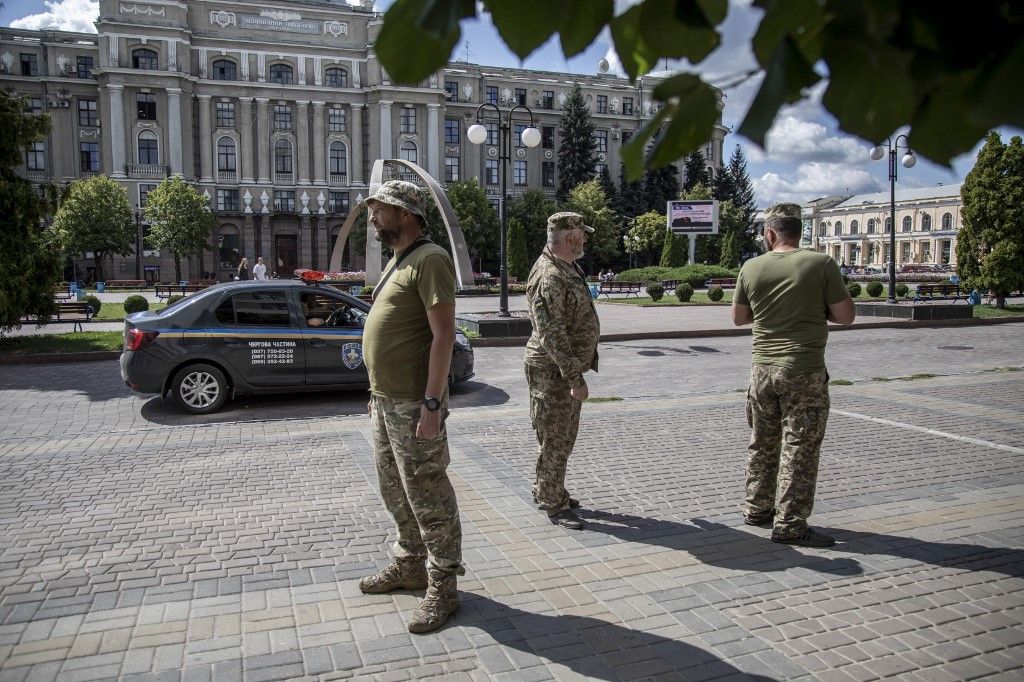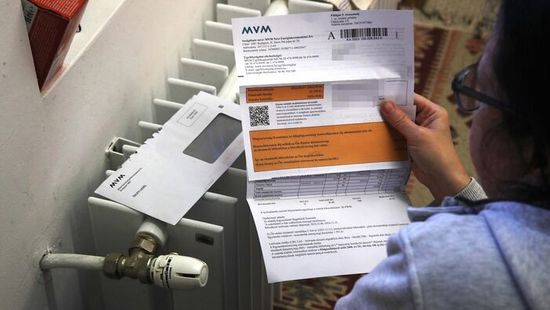Over the past three years of war, countless scams have come to light in Ukraine. In one case, the Ukrainian security service (SBU) uncovered an embezzlement scheme worth $40 million (over 14 billion forints). Employees of the defense ministry were involved alongside a Ukrainian arms manufacturer. The city of Kyiv had ordered 100,000 mortar grenades, but the company failed to deliver even one.

In 2023, the National Agency on Corruption Prevention published a sociological expert survey assessing the level of corruption in Ukraine. According to the study, 55 percent of anti-corruption officials viewed corruption as a serious problem—still lower than the perception among the general population (88 percent) and the business sector (81 percent). Analysts identified customs, the military sector, and public procurement as the three most corrupt areas, according to the Wilson Center.
A nationwide public opinion poll found that 70 percent of Ukrainians believe the government is profiting from the war and becoming increasingly mired in corruption. Ukrainian citizens also associate corruption with the military, which has opportunities to engage in corrupt or illicit deals such as arms sales or the manipulation of the conscription process.
Ukraine: Those with Money Stay Off the Front Lines
Corruption has surged in both the military and the government sector. Ukraine is striving to mobilize more troops and bolster its army.
Potential conscripts have been bribing enlistment officers or medical staff at recruitment centers in exchange for fake documents exempting them from military service.

According to Ukrainian media reports, around fifty prosecutors have been accused of obtaining fake disability certificates from local medical boards,
– The New York Times highlights. Ukraine’s internal intelligence agency launched investigations into 64 regional medical board officials in 2024 over suspected involvement in corruption cases. The agency reported that criminal networks - now dismantled in several regions - had earned millions of dollars, and more than 4,000 forged disability certificates were nullified. The head of the SBU stated that corruption within the medical boards was having a particularly negative impact on the mobilization process.
In viral videos online, medical board officials are typically portrayed surrounded by stacks of cash. Many Ukrainians believe that conscription can be easily avoided by the wealthy or well-connected.
The terror inflicted by military recruiters on civilians is driven less by the desire to support the army and more by personal financial gain. The “failure” to issue draft notices and the deletion of conscripts’ data from military databases can cost thousands of dollars. Even the children of military commissioners have been involved in illegal schemes to dodge service. Last summer, the son of a recruitment office chief in the Vinnytsia region was arrested for organizing overseas travel for men attempting to flee the country—for a fee equivalent to $20,000, according to Al Mayadeen.
During house searches, authorities found more than a dozen conscription notices and passport copies of military-aged men, along with large sums of cash.

























Szóljon hozzá!
Jelenleg csak a hozzászólások egy kis részét látja. Hozzászóláshoz és a további kommentek megtekintéséhez lépjen be, vagy regisztráljon!